 Archbishop Christodoulos, the head of the Church of Greece, held a historic meeting with Pope Benedict XVI at the Vatican this morning, after which the two men signed a memorandum for closer cooperation between the two churches.
Archbishop Christodoulos, the head of the Church of Greece, held a historic meeting with Pope Benedict XVI at the Vatican this morning, after which the two men signed a memorandum for closer cooperation between the two churches.Christodoulos is the first head of the Church of Greece to visit the pope in the Vatican but relations between the Orthodox and Catholic churches have been warming in recent years since the late Pope John Paul II visited Greece in 2001.
The archbishop is due to stay in Rome until Saturday. During his visit, he will be given two of the rings that were part of the chain used to tie down the Apostle Paul.
 Check out the gifts. Cool mosaics.
Check out the gifts. Cool mosaics.VATICAN CITY, DEC 14, 2006 (VIS) - This morning, the Holy Father received His Beatitude Christodoulos, archbishop of Athens and of all Greece, who is making an official visit to the Vatican. Prior to his audience with the Pope, the archbishop visited St. Peter's Basilica where he prayed at the tomb of John Paul II.

In his address, the Holy Father recalled how "following the advent of Christianity, Greece and Rome intensified their relations" and how "this gave rise to very different forms of Christian communities and traditions in the regions of the world that today correspond to Eastern Europe and Western Europe. These intense relations helped to create a kind of osmosis in the formation of ecclesial institutions. And this osmosis - in safeguarding the disciplinary, liturgical, theological and spiritual peculiarities of the Roman and Greek traditions - made the Church's evangelizing activity and the inculturation of the Christian faith fruitful."

Pope Benedict highlighted how "our relations continue today, slowly but deeply and with a desire for authenticity." This has made it possible "to discover a new range of spiritual expressions, rich in significance and joint commitment." He also recalled John Paul II's "memorable visit" to Athens in 2001, "a defining point in the progressive intensification of our contacts and collaboration."
Catholics and Orthodox, said Benedict XVI, are called "to make a cultural and, above all, a spiritual contribution. They have the duty to defend the Christian roots of Europe, which have formed the continent down the centuries, and to enable the Christian tradition to continue to manifest itself and work with all its strength in favor of the defense of human dignity, the respect of minorities, avoiding that cultural uniformity which could lead to the loss of the immense riches of civilization. At the same time, it is necessary to work to safeguard human rights, which include the principle of individual freedom, and in particular of religious freedom. These rights must be promoted and defended in the European Union and in each member State.

"At the same time," he added, "we must increase collaboration among Christians in all European countries in order to face the new risks that challenge the Christian faith: growing secularization, relativism and nihilism, which open the way to forms of behavior and laws that damage the inalienable dignity of man and threaten such fundamental institutions as marriage. It is vital to undertake joint pastoral activity, as a joint testimony to our contemporaries and an expression of our hope."
VATICAN CITY, DEC 14, 2006 (VIS) - This morning in the Vatican, following their private meeting and after each had pronounced a public address, the Pope and His Beatitude Christodoulos, archbishop of Athens and of all Greece, signed a Joint Declaration in the presence of members of the archbishop's Greek delegation and of Catholic representatives.
 Now thats what I call a Declaration. Look at those illuminated and calligraphied parchments.
Now thats what I call a Declaration. Look at those illuminated and calligraphied parchments.
"We, Benedict XVI, Pope and Bishop of Rome, and Christodoulos, Archbishop of Athens and of all Greece, in this sacred place of Rome, ... wish to live ever more intensely our mission to bear apostolic witness, to transmit the faith, ... and to announce the Good News of the birth of the Lord. ... It is also our joint responsibility to overcome, in love and truth, the multiple difficulties and painful experiences of the past."
"Our meeting in charity makes us more aware of our joint task: together to follow the arduous path of dialogue in truth in order to re-establish full communion of faith. ... Thus we obey a divine mandate ... and continue our commitment, ... following the example of the Apostles and demonstrating mutual love and a spirit of reconciliation."
"We recognize the important steps made in the dialogue of charity, and in the decisions of Vatican Council II concerning relations between us. Moreover, we hope that bilateral theological dialogue will take advantage of these positive elements in order to formulate propositions acceptable to both sides, in a spirit of reconciliation."
"Together we affirm the need to persevere on the road of constructive theological dialogue because, despite the difficulties, this is one of the essential ways we have to re-establish the longed-for unity, ... and to reinforce the credibility of the Christian message in a period of enormous social upheaval and of great spiritual searching by many of our contemporaries, who are disquieted by growing globalization which at times even threatens the lives of human beings and their relationship with God and the world."

"We solemnly renew our desire to announce the Gospel of Jesus Christ to the world, especially to new generations. ... This is very important in our societies where many schools of thought distance people from God and contribute nothing to the meaning of life."
"We believe that religions have a role to play to ensure the triumph of peace in the world, and that they must in no way be the focus for intolerance and violence. As Christian religious leaders, we exhort all religious leaders to maintain and reinforce inter-religious dialogue, and to work to create a society of peace and fraternity among individuals and peoples. This is one of the missions of religion."
The Pope and the Archbishop recognize the huge progress of science, but express concern at "experiments on human beings which do not respect the dignity or integrity of the person at all stages of existence, from conception to natural death." They also call for "more effective protection" of "the fundamental rights of human beings, founded on the dignity of man created in God's image."
"We trust in a fruitful collaboration," they continue, "to ensure that our contemporaries may rediscover the Christian roots of the European continent." This, they write, "will help them to experience and promote fundamental human and spiritual values for the good of people and of society itself."

Benedict XVI and His Beatitude Christodoulos invite wealthy nations to show solidarity towards less-developed countries. "It is likewise important," they write, "not to exploit the creation, which is the work of God, abusively." In this context, they call for "a reasoned and respectful care of creation, in order to administer it correctly, while maintaining solidarity, especially with people suffering hunger, and leaving future generations an earth that can truly be inhabited by everyone."
At the end of their declaration, the Holy Father and the Archbishop of Athens and of all Greece call upon the Lord "to grant all mankind the gift of peace, in the charity and unity of the human family."
![[Unam Sanctam]](https://blogger.googleusercontent.com/img/b/R29vZ2xl/AVvXsEiymQ2adTjpZ1ABhPBbBBquiPCxeQrc4Jy_97vOikT0wGQeJleriiXQy6ebnb0jrYe-TfvcK77txStB4aIwVAdD41ZdMkVfNtFGC0JX6LBV9B8mfeRZaIAM7Sj-011ag3DiKQzv/s1600/headerdivinemercy.jpg)












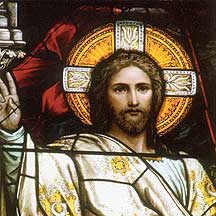







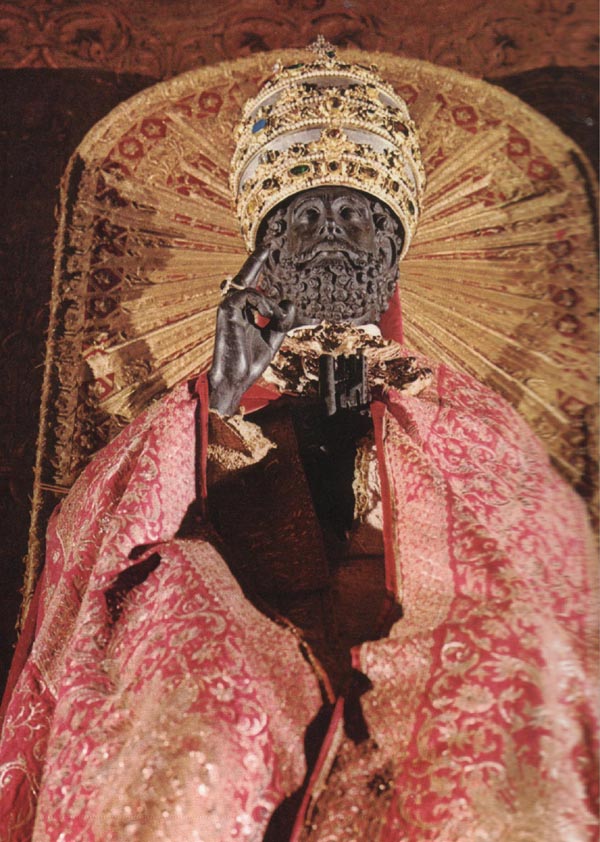
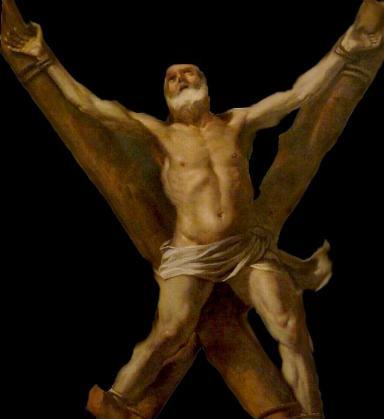




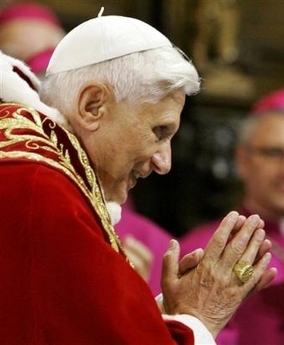






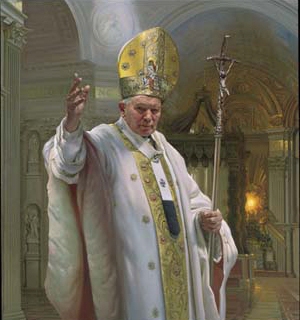
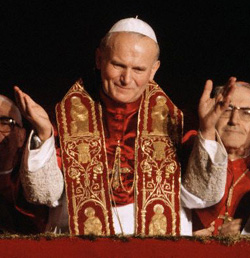
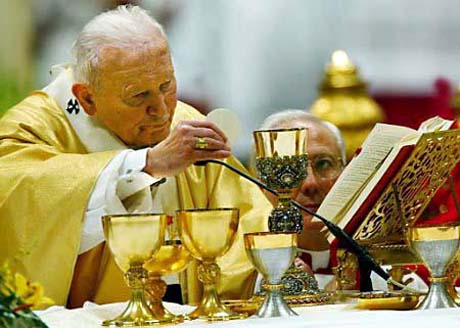







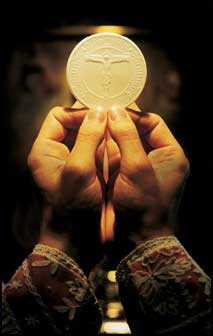
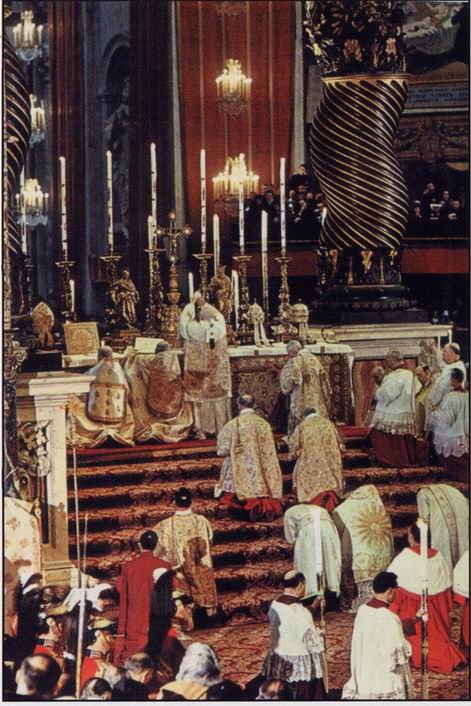

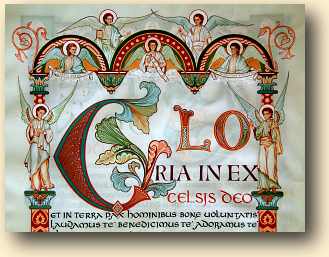

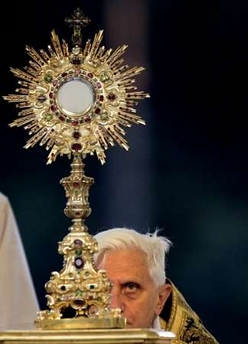


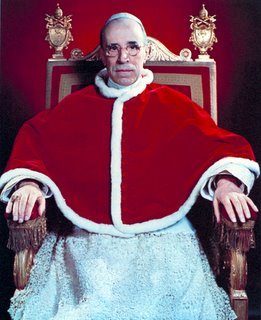




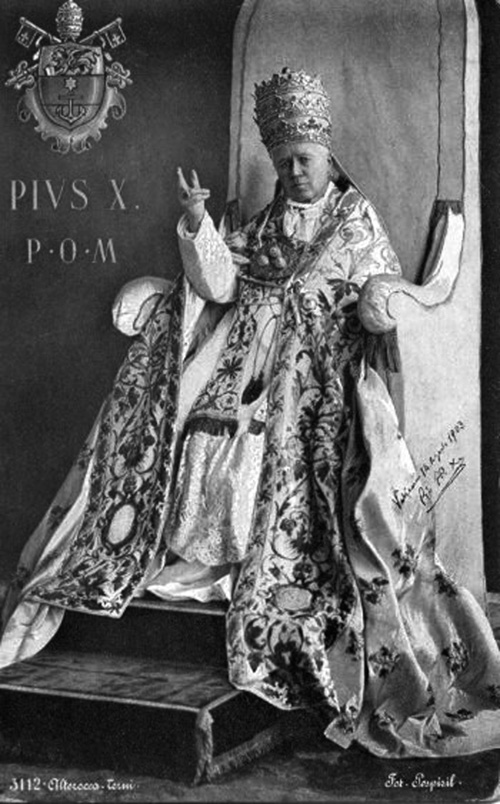



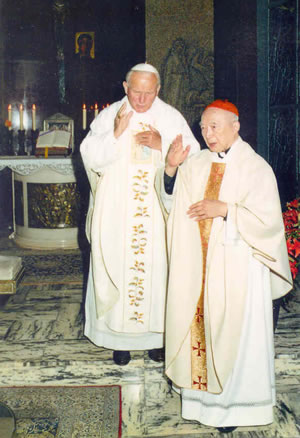






No comments:
Post a Comment